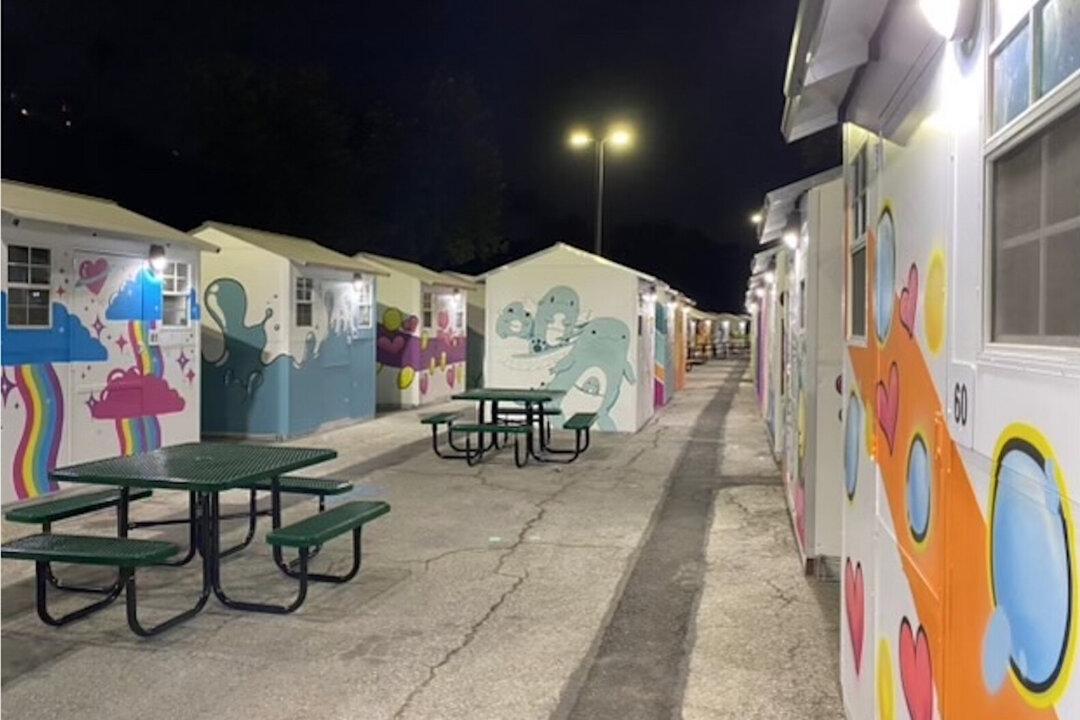SAN DIEGO—The San Diego County Board of Supervisors July 16 voted 4–0 in favor of a 70-unit sleeping cabin site, in an effort to help homeless residents within the city of Lemon Grove in East San Diego County.
The new site will replace a cabin project on Jamacha Road in Spring Valley, which supervisors in late June rejected after hearing from residents at the meeting about safety issues. Spring Valley is an unincorporated area east of Lemon Grove.





